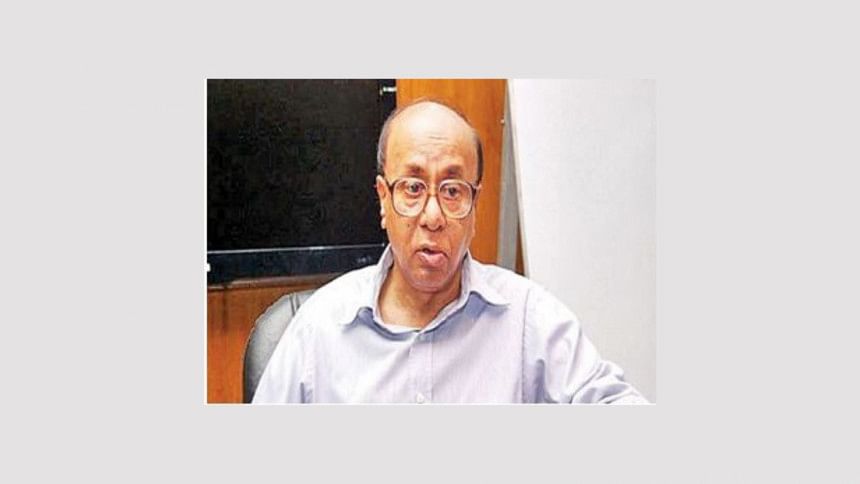A tribute to Mirza Azizul Islam

I came across Mirza Azizul Islam in 2002 while he was the chairman of the Bangladesh Securities and Exchange Commission (BSEC) and I was a BSEC nominated director to the Chittagong Stock Exchange.
What grabbed my attention since then was his ability to go deep into any economic reports or thought papers we shared with him and more importantly, write brief but well-articulated feedback as well as thank you notes. His short stint as the chairman of Sonali Bank showed us how strong a person he could be.
Our relationship became quite extended during his stint as finance, planning and commerce adviser to a non-partisan caretaker government during 2007-08. I am devoutly thankful to him as he gave me access to public policy formulation dynamics.
What made him so different from his peers was his ability to look beyond the traditional public policy domain and ensure beneficial terms of trade for the farmers through encouraging crop procuring policy. His analytical writings on who to blame for the North American meltdown proved him as a solid macro-economist to me.
Afterwards, we were colleagues at Brac Business School. I never knew before he was personal secretary to Bangabandhu Sheikh Mujibur Rahman for a brief period and had a very dispassionate view of the Mujib regime as a brilliant public servant. I was fortunate to borrow from his wisdom gained through his North American PhD as well as work with development agencies across Asia.
Mirza Aziz, a strong figure in Bangladesh's bureaucracy, has made significant contributions to the nation's economic development. During his distinguished career, he held several prominent positions in the governments of East and West Pakistan and later, Bangladesh. His strategic insights and policy formulations as a brilliant student of economics played a larger role in shaping Bangladesh's economic landscape.
He advocated for fiscal discipline and sound budget management, which helped stabilise the economy and maintain macroeconomic stability. His efforts contributed to lower inflation and a more conducive environment for business investment.
He played an important role in putting up the Better Business Forum and the Regulatory Reforms Commission along with Dr Fakhruddin Ahmad. His understanding of the capital market helped Bangladesh list Grameenphone.
Within a limited span, he also prioritised human capital development as a critical driver of economic growth. He recognised the crucial role of access to education and healthcare in enhancing productivity and reducing income inequality and spearheaded initiatives for the advancement of these.
He emphasised skill development and vocational training to equip the workforce with the necessary tools to thrive in a competitive global economy. Additionally, Mirza Aziz championed initiatives to promote trade liberalisation and regional integration.
He prioritised investments in transportation, energy, and telecommunications infrastructure, recognising their role in improving connectivity, reducing transaction costs, and stimulating economic activity. His strategic infrastructure investments primarily laid the foundation for the sustainable development process in Bangladesh.
As Bangladesh continues its path of economic transformation, his contributions and work ethic serve as a guiding light, inspiring future generations of policymakers and economists to pursue policies that dispassionately and professionally foster sustainable and inclusive development.
The author is an economic analyst.

 For all latest news, follow The Daily Star's Google News channel.
For all latest news, follow The Daily Star's Google News channel. 



Comments